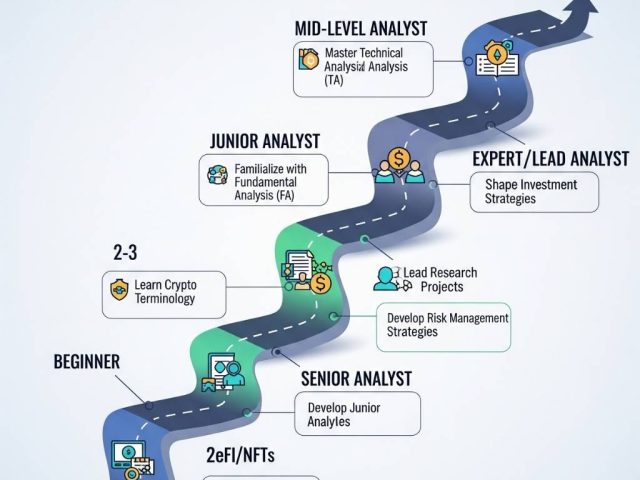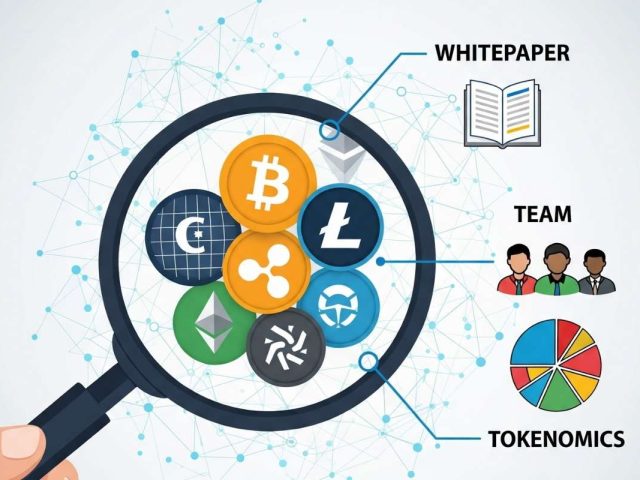Introduction
In an age where trust in institutions is waning, the concept of voting systems that can assure fairness and transparency has never been more crucial. Blockchain technology, often associated with cryptocurrencies, holds transformative potential for the electoral process. This article explores how blockchain can address longstanding issues in voting systems, creating a more equitable democratic process.
What is Blockchain?
The Basics of Blockchain Technology
At its core, blockchain is a decentralized digital ledger that records transactions across multiple computers. This technology ensures that the recorded transactions cannot be altered retroactively without the consensus of the network. Each block in the chain contains a number of transactions and is linked to the previous block, creating a secure and immutable chain of data.
How Blockchain Works
When a transaction is made—such as a vote cast—it is verified by multiple participants in the network (known as nodes). Once verified, the transaction is recorded in a block, which is then added to the chain. This process is transparent and allows anyone with access to the blockchain to view the entire history of transactions, making it a reliable way to ensure accountability.
Current Voting System Challenges
Issues of Trust and Transparency
Traditional voting systems are often marred by allegations of fraud and mismanagement. Voters frequently question the integrity of the electoral process, which can lead to low participation rates and diminished faith in democratic institutions.
Voter Fraud and Manipulation
Reports of voter fraud, though relatively rare, are a significant concern for many citizens. Manipulation of votes can occur through various means, from tampering with physical ballots to the more complex issues of hacking electronic systems.
Inefficiencies in the Process
From long wait times at polling stations to complicated ballot designs, the current voting process can be cumbersome. These inefficiencies not only frustrate voters but can also lead to disenfranchisement.
How Blockchain Can Transform Voting
Enhancing Transparency
One of the most compelling advantages of blockchain technology is its ability to create a transparent voting process. Every vote cast would be recorded on the blockchain, visible to all participants in the network. This visibility helps to ensure that every vote is counted and can be independently verified.
Increasing Security
Blockchain’s decentralized nature makes it highly secure against tampering and fraud. Because there is no central point of failure, hackers would find it exceedingly difficult to alter results without being detected. Additionally, cryptographic techniques ensure that voter identities remain confidential, preserving privacy while enhancing security.
Streamlining the Voting Process
By leveraging blockchain, the voting process can be significantly streamlined. Voters could cast their ballots from their smartphones or computers, reducing the need for physical polling stations. This convenience could potentially increase voter turnout, especially among younger demographics.
Real-World Examples of Blockchain Voting
Case Study: Voatz
Voatz is an innovative platform that allows voters to cast their ballots securely via mobile devices. The app uses blockchain technology to ensure the integrity of the voting process, and it has been successfully piloted in various elections, including military and overseas voting.
Case Study: Estonia’s E-Voting System
Estonia is a pioneer in digital governance, having implemented an e-voting system that allows citizens to vote online. The country has adopted blockchain technology to enhance the security and transparency of its electoral process, demonstrating how effective blockchain can be in a real-world scenario.
The Future of Voting with Blockchain
Potential Barriers to Adoption
While the advantages of blockchain in voting systems are significant, there are hurdles to overcome. These include technological literacy among voters, concerns over data privacy, and the need for regulatory frameworks to support blockchain adoption.
Steps Towards Implementation
To successfully implement blockchain voting, stakeholders must focus on education and awareness campaigns. Governments, tech companies, and civic organizations should collaborate to develop user-friendly solutions that build trust and foster public acceptance.
Conclusion
The potential of blockchain technology to create a fair and transparent voting system is undeniable. By addressing issues of trust, security, and efficiency, blockchain can pave the way for a more robust democratic process. As we move forward, it is essential to navigate the challenges of implementation, ensuring that this revolutionary technology is harnessed effectively.
FAQs
1. What is blockchain technology?
Blockchain is a decentralized digital ledger that records transactions securely and transparently across multiple computers.
2. How can blockchain improve voting systems?
Blockchain enhances voting systems by increasing transparency, security, and efficiency, ensuring that every vote is counted and verifiable.
3. Are there examples of blockchain in voting?
Yes, platforms like Voatz and Estonia’s e-voting system are pioneering the use of blockchain technology in elections.
4. What are the challenges of implementing blockchain voting?
Challenges include ensuring technological literacy, addressing privacy concerns, and creating supportive regulatory frameworks.
5. What is the future of voting with blockchain?
The future of voting with blockchain looks promising, but it requires overcoming challenges and building public trust in the technology.
About Scentia
At Scentia, we are passionate about helping blockchain projects succeed. Our expertise in qualitative research technologies enables us to identify and address challenges that could hinder your project. With a team of experienced lawyers, data scientists, and engineers, we offer valuable insights tailored to the unique demands of the blockchain landscape.
If you’re looking for a partner to elevate your blockchain initiative, reach out to Scentia today. Together, we can transform your vision into reality.





